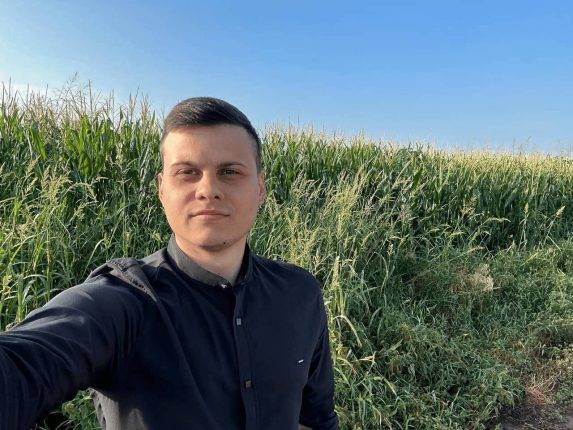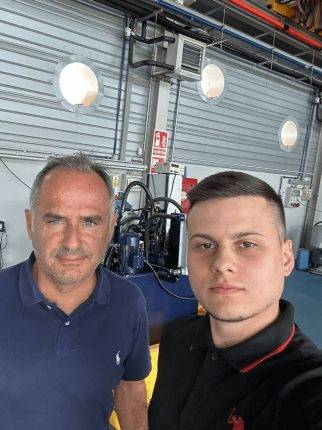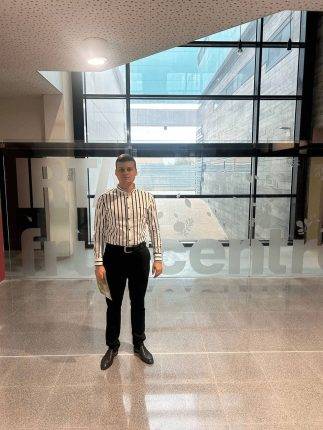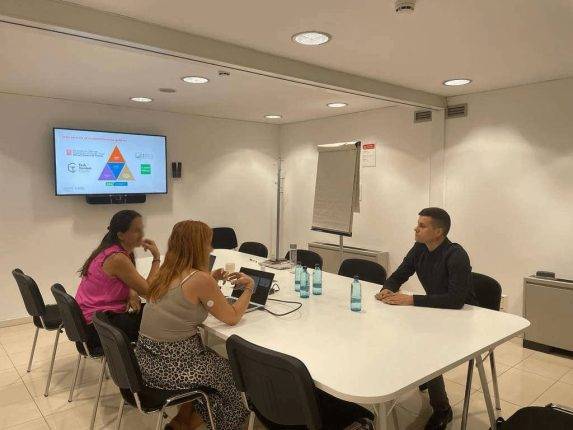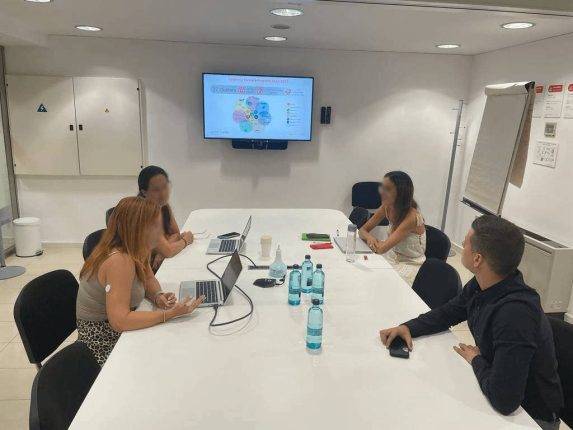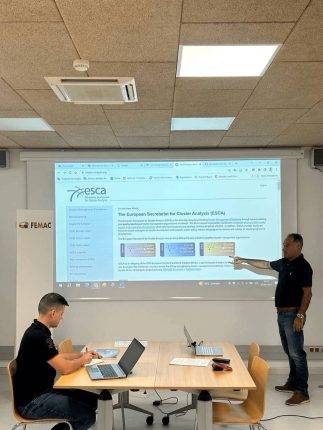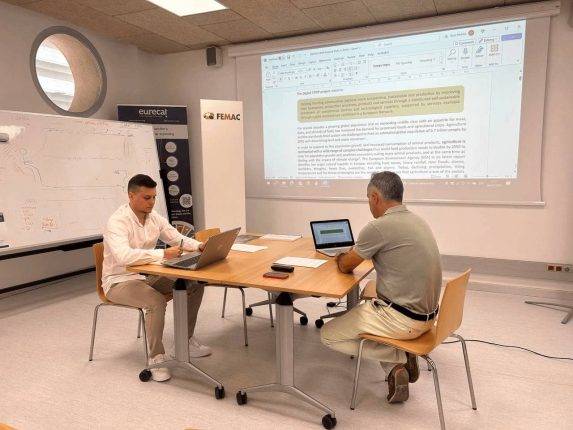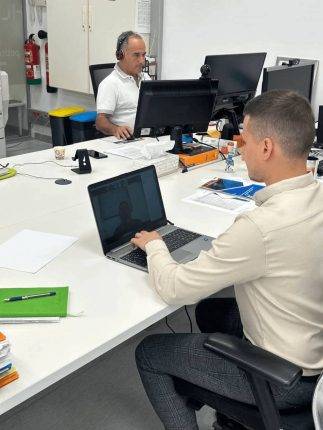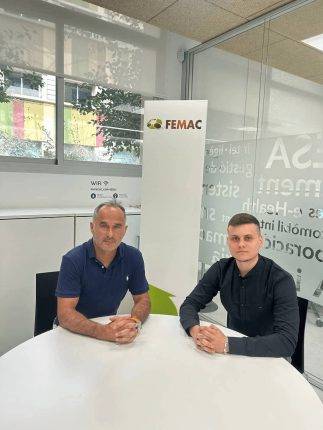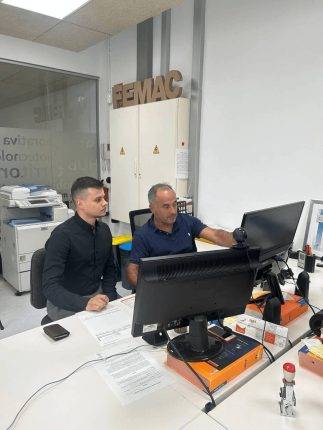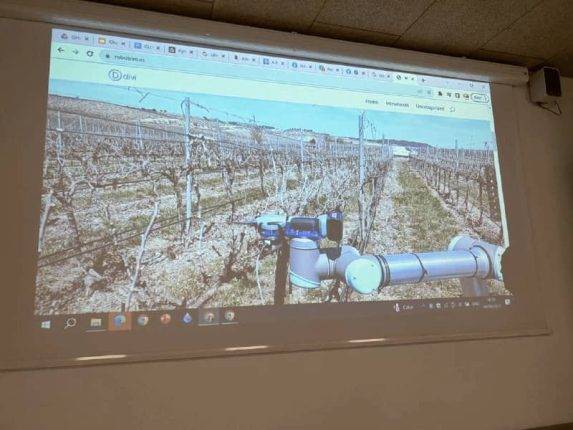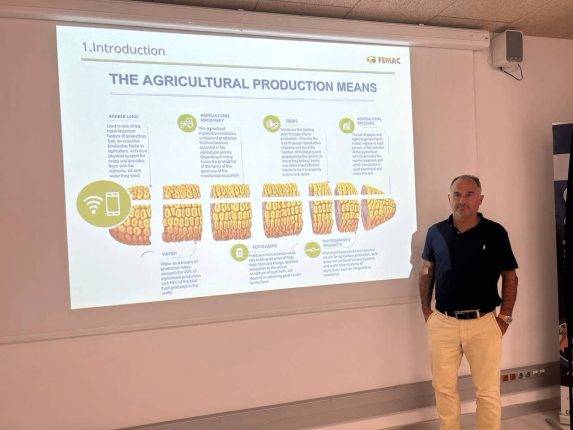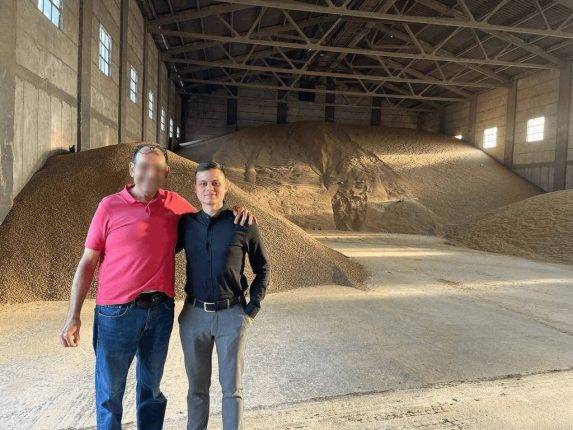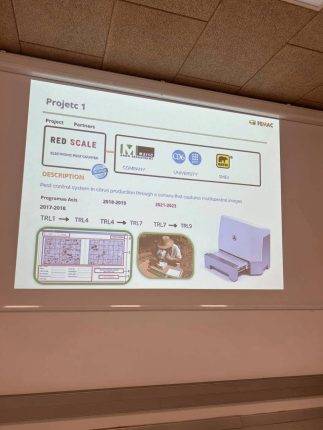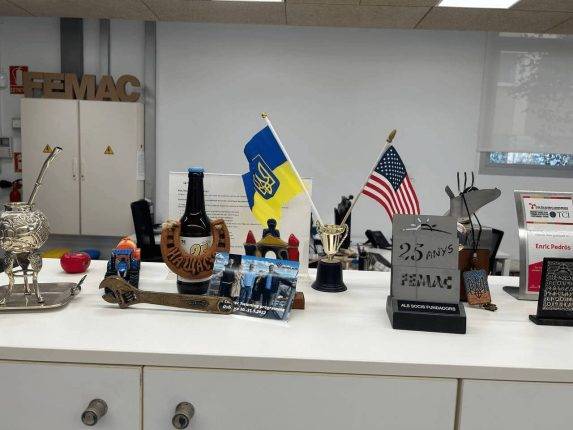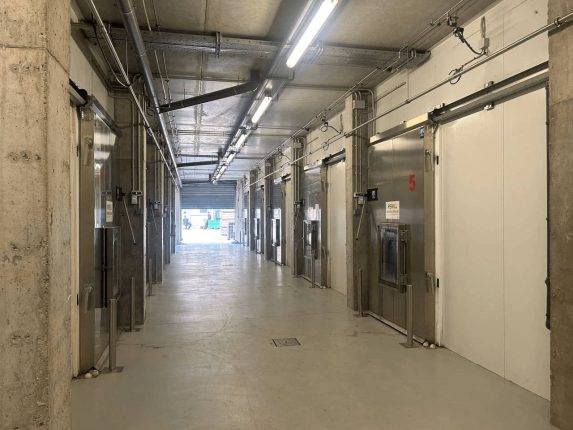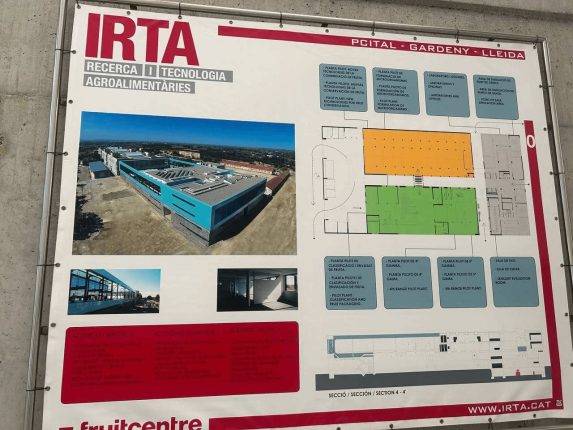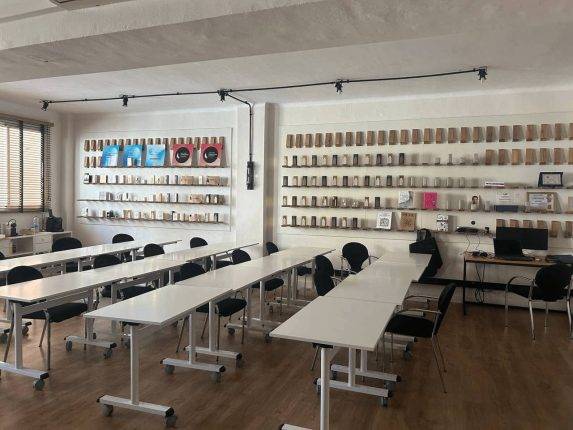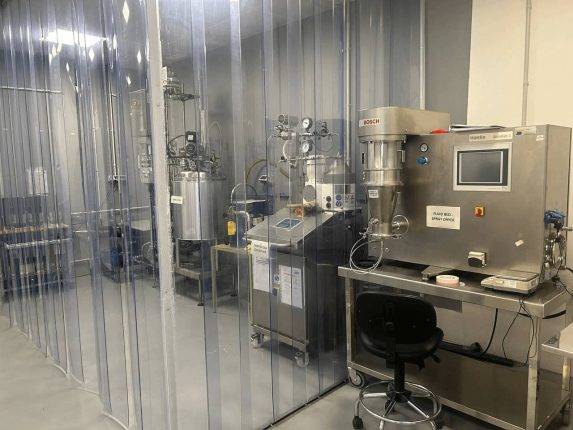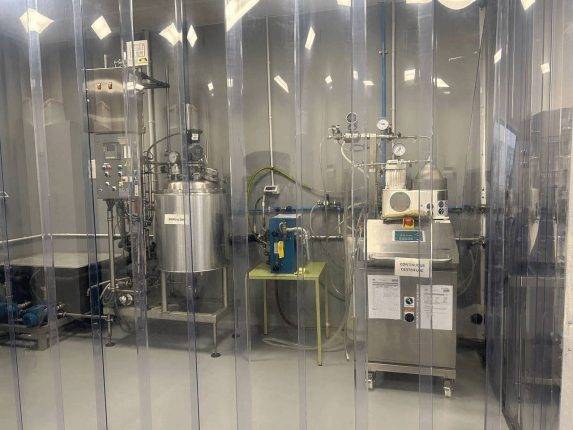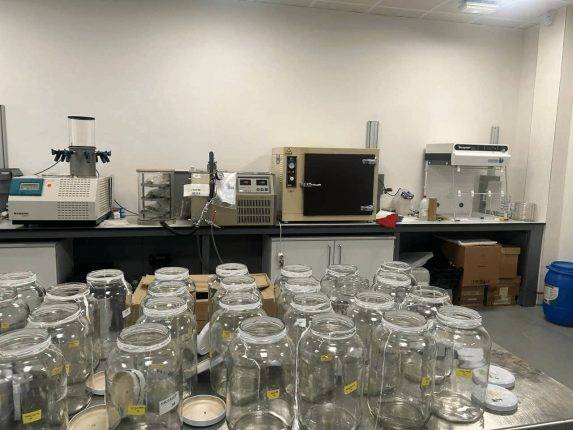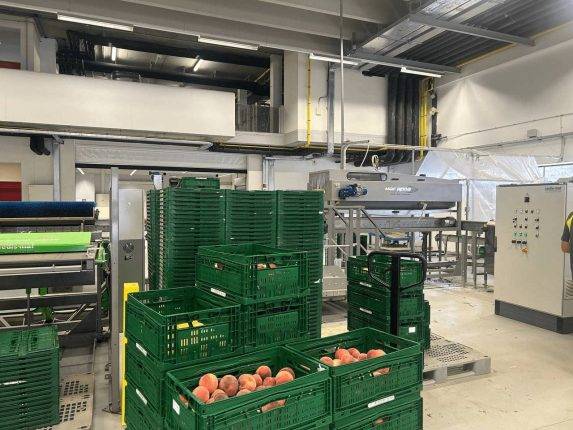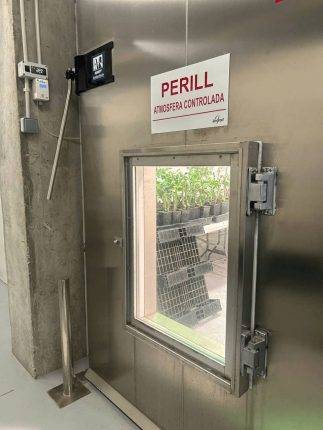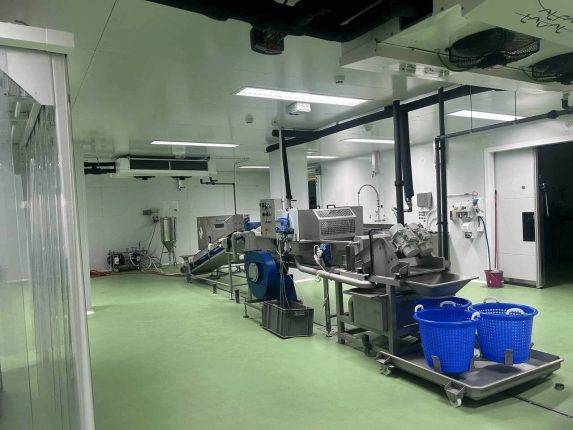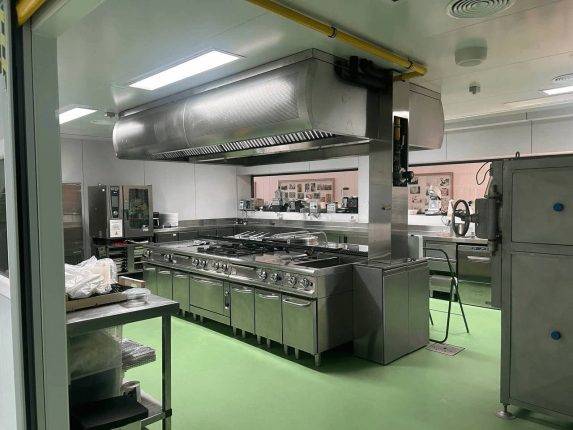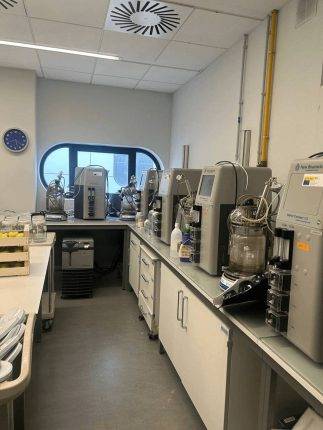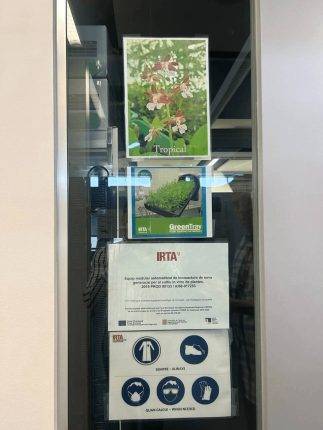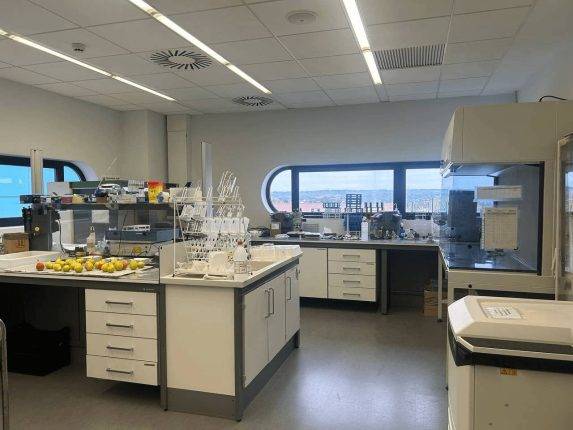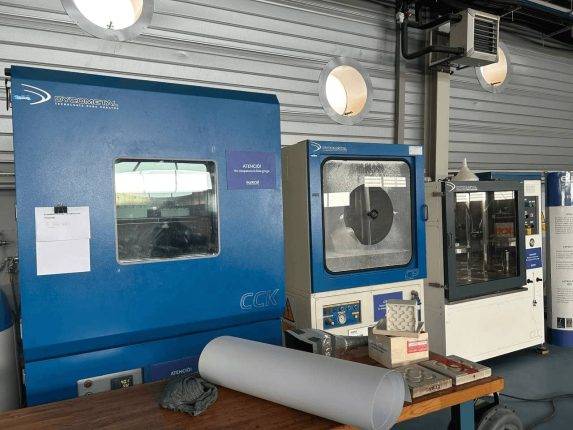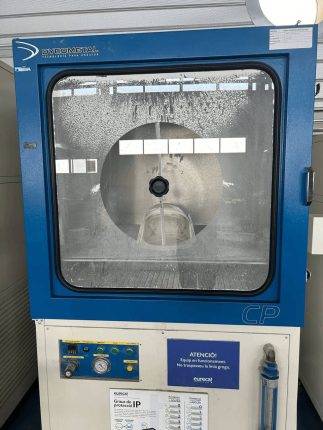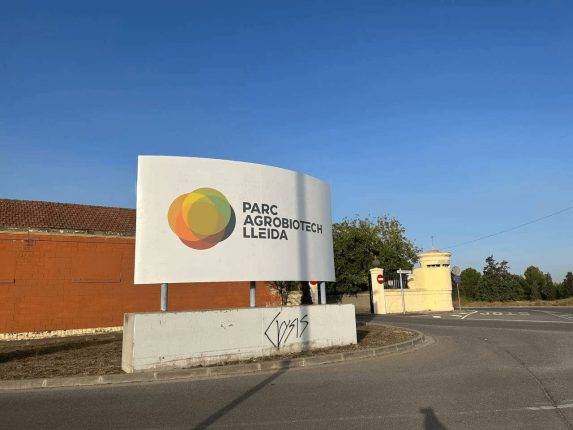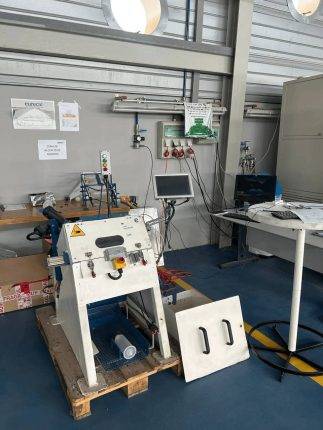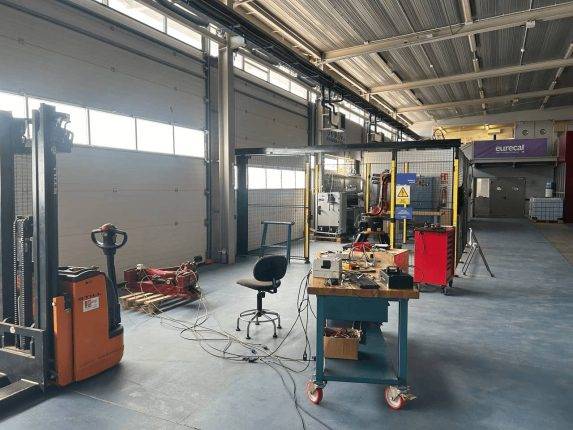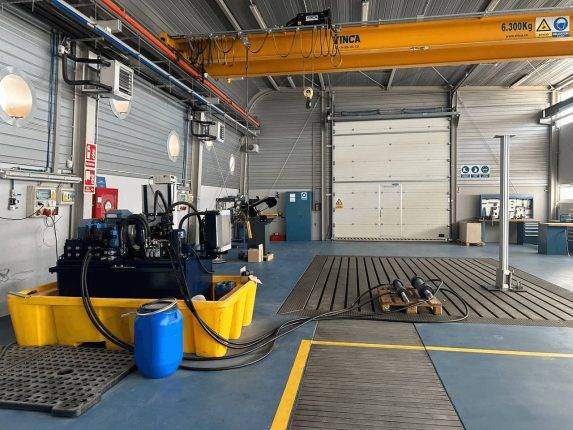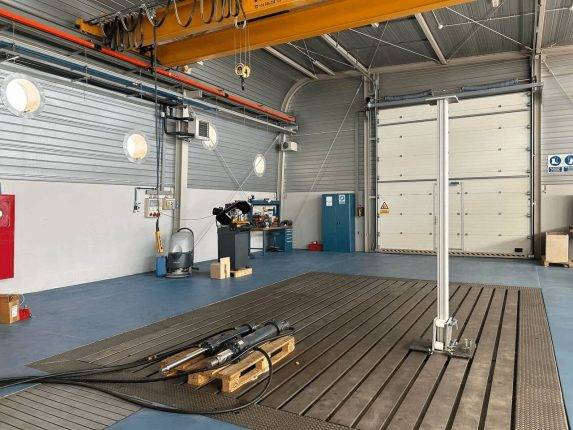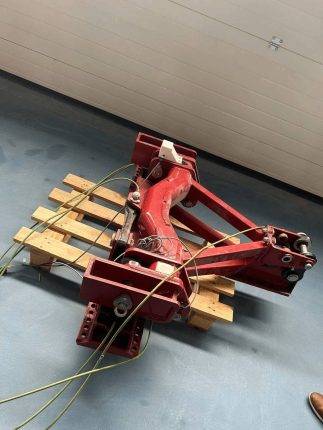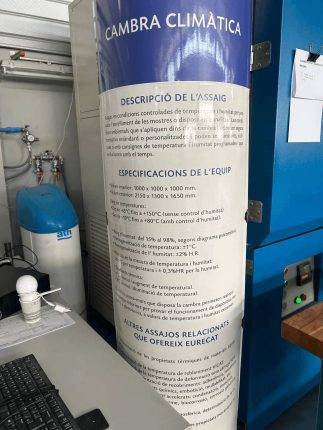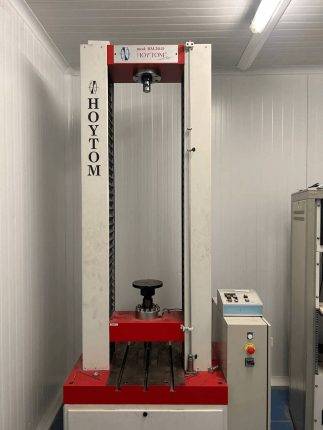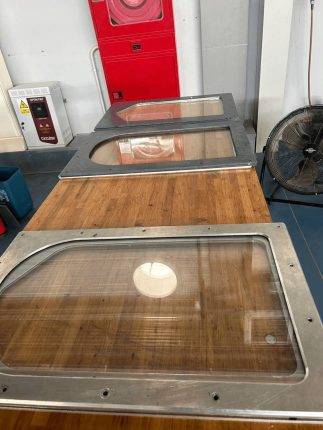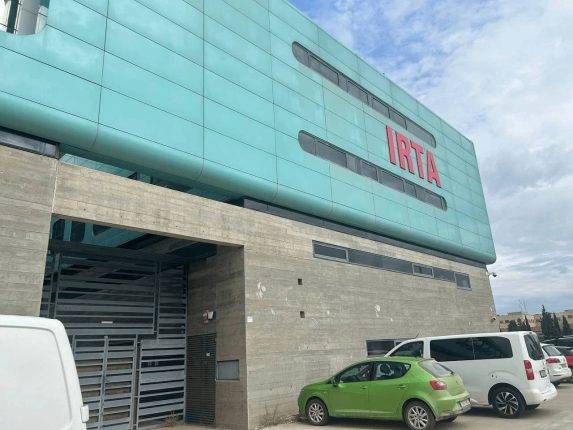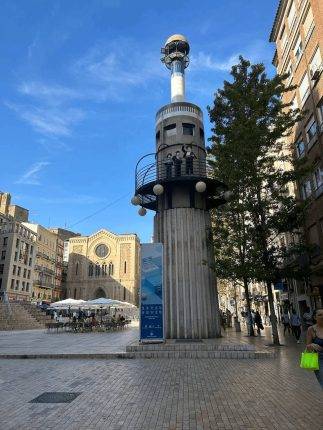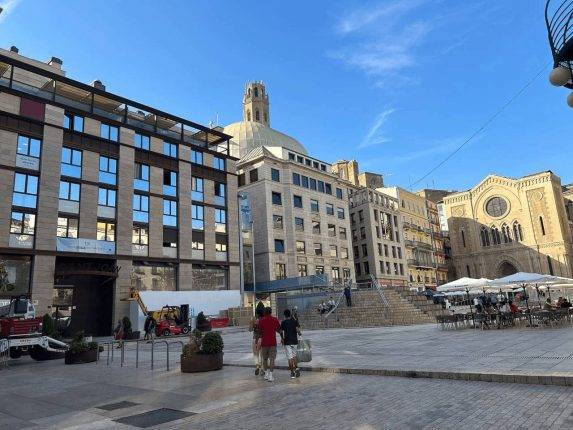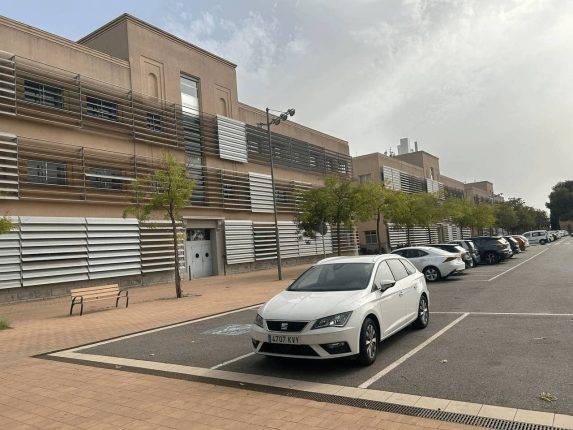
Job shadowing in action: how the Ukrainian and Spanish clusters exchanged their experiences
09/10/2023
Vitalii Merezhko, Deputy Director of the “Dniester” International Agricultural Cluster (Vinnytsia, Ukraine), underwent a 2-week Job shadowing training at the FEMAC Agricultural Cluster (Lleida, Spain) Under the EU4Business programme.
The study included daily engagement of the Ukrainian side in the work of Spanish executives, management training, and business networking to find partnerships for the implementation of joint projects.
The Ukrainian and Spanish clusters presented their structures, main tasks and strategic goals to each other. They also exchanged information on modern cluster management practices, agricultural trends and opportunities for joint work. Furthermore, a series of bilateral meetings were held with the Spanish cluster’s management along with its members. As a result, a number of business contacts were established.
“EU countries have national and regional programmes for the development of industry clusters to help their member companies grow more efficiently. The task of the “Dniester” agricultural cluster was to see the work of the Spanish FEMAC cluster from the inside in order to bring this experience to Ukraine,” explains Vitalii Merezhko.
FEMAC has been operating since 1998, bringing together more than 70 small and medium-sized enterprises, research centres and institutes. For them, FEMAC develops plans for joint economic development and advocates their interests in front of the authorities.
“FEMAC’s organisation of business processes indeed makes a strong impression. Another key point is that the cluster’s office is located in a technology park with many other enterprises and institutions. This facilitates new insights, the exchange of knowledge and experience, and the extension of business contacts,” shares his impressions Vitalii Merezhko.
The technology park also hosts the IRTA Agro-Food Research and Technology Institute. Its capacities are divided into specialised sectors: sealed rooms with pressure and temperature control from too low to too high (for cultivating crop hybrids), a molecular laboratory (for studying the composition of food products). So a manufacturer can send its products to the laboratory to officially confirm the quality and obtain a certificate.
Moreover, the park has a separate industrial and technical laboratory with equipment for testing the strength and repair of parts for agricultural equipment made of glass, metal, plastic and other materials.
“Dniester” Agricultural Cluster organised a meeting between the Spanish side and the developer of the formula for Ukrainian organo-mineral fertilisers, “DobroDiy”, where they discussed opportunities for cooperation.
“After the training trip, my perception of cluster management approaches has changed. I realised the strength of the Spanish cluster in bringing its members together to innovate and improve the efficiency of producers. I can already see how we will establish the structure of our “Dniester” agricultural cluster in Ukraine and what goals we will set. Clearly, we need to move towards digitalisation and internationalisation. Our producers and service companies should focus on the European Union, find partners, and implement international projects,” Vitalii Merezhko summed up.
Background information:
The Job shadowing training for the “Dniester” International Agricultural Cluster from 04 to 15 September 2023 becme possible within the support of the international cooperation programme “EU4Business: SME Recovery, Competitiveness and Internationalisation”, that is co-funded by the European Union and the German Government and is implemented by the German federal company “Deutsche Gesellschaft für Internationale Zusammenarbeit (GIZ) GmbH”. The programme aims to support Ukraine’s economic resilience, recovery and growth, create better conditions for the development of Ukrainian small and medium-sized enterprises (SMEs),as well as support innovation and exports.
For more details: www.eu4business.org.ua
The content of this publication is the sole responsibility of GIZ and does not necessarily reflect the views of the European Union and the German Government.
News
-
Ukraine – is a Eurointegration front-runner, – Deputy Ambassador of the EU
-
The EU has supported Docudays UA since 2018
-
Сross-border renewable energy acceleration project to advance Ukraine’s green recovery
-
Kyiv, let’s celebrate International Children’s Day together!
-
Media literacy workshop in Cherkasy
-
EU provides €36.8 million in lifeline funding for UN Refugee Agency
